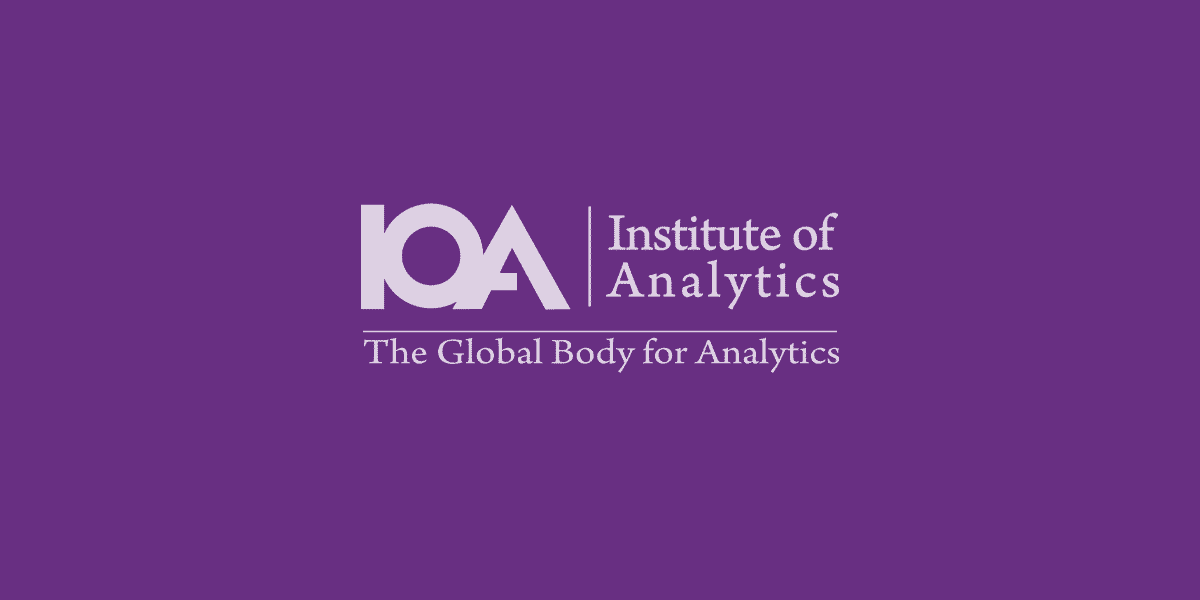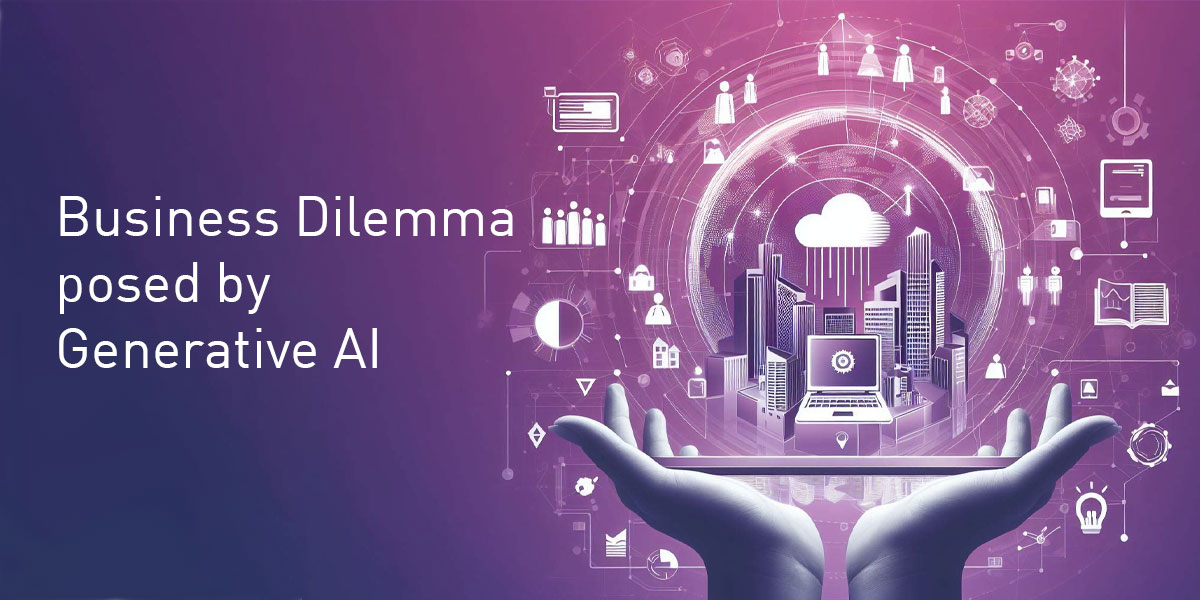Necessary cookies are absolutely essential for the website to function properly. These cookies ensure basic functionalities and security features of the website, anonymously.

Things we're excited about in 2022
It’s 2022 and we’re ready for a year full of changes in the field of analytics. At the Institute of Analytics, we’ve been looking at the year ahead and here are our top 6 predictions of the things that will shake us up in 2022.
1 Safer Social Networks
There has been very little in the way of oversight of social networking sites since their appearance in 2002. However, at the end of last year, professionals working in disparate pools of talent at the different social media organisations decided to bring their collective knowledge and insight together to form the Integrity Institute, to lead the way towards more socially responsible network sites and alternatives to Twitter, such as Peanut, have integrity built into the system. With more and more efficient text processing algorithms, and combined skills, we may finally see social media cleaning up its dark side.
2 The environment
It is going to be impossible for anyone to ignore the environment going into 2022. COP2022 was an acknowledgement that real and dramatic steps are needed if we are to avoid a climate disaster. Data is going to be key to making decisions on the impact of investments in climate policies. The emerging Climate Technology Framework and Breakthrough Energy have ambitious data collection plans. Large scale commercial demonstrations of the effectiveness of climate policies are likely to be a feature of 2022. We will also have to examine our own role. Analytics produces huge quantities of carbon dioxide and carbon audits may become an expected feature of our work.
3 Bigger and better hardware
The world has a new biggest super computer, Frontier, and it’s an impressive beast. With 7 times the processing power of its predecessor, Summit, but consuming only twice as much power, its theoretical peak capacity exceeds an unimaginable 1.5 exaflops. It’s not the only super computer out there. Wu-dao, the world’s largest neural net launched last year, with a major update after just 3 months of running. The Folding@Home distributed computing project exceeded the exaflop barrier some time last year. Computers will only continue to get bigger, and growing at a faster rate than ever before and we can’t wait to see what they can acheive.
4 Memory chips that can compute
This may not seem very exciting, but remember that tiny changes in the hardware often lead to phenomenal social upheaval. Going back to the days of Von Neumann architecture, it has been a basic principle that memory and processing should be stored in different parts of the computer. DRAM based Processing In Memory (PIM) chips are changing that, with chips that can be embedded in small devices, to store and process. We don’t know how these remote processors will be applied, but they offer exciting possibilities in areas where centralised data collection is impractical. Edge computing looks to offer the most opportunities in regions with poor connectivity.
5 Progress on decentralised finance
One of the promises of the GDPR that has almost entirely failed to materialise was the right to data portability, 2022 may be the year that changes. In the UK, when decentralised finance regulation was introduced in 2019, small start ups in the fintech arena flourished. The world was taking notes, and we have similar legislation coming in Europe this year. More open APIs is an exciting change. Imagine if a person could export all of their photographs and posts from Facebook, and move them to another social media site in an automated fashion. That’s what an open API can do. Embedded finance promises to open up the field of finance data. We may start to see companies like the supermarket giant Lidl, or furniture store IKEA offering short term loans to purchase products. Tesla data or other driving trackers could be shared with insurance companies to reward careful drivers, as an alternative to the current system of profiling. Exciting opportunities are coming!
4 More guidance on legal an ethical issues around best analytics practice
Or … more precisely … more legislation. The EU published their draft proposals for regulating analytics practices at the end of 2021. Just like their data protection Act, the GDPR before it, which was shared some time before it became a legal requirement, had a major domino effect around the world, we think we’re going to see more regulation internationally around analytics processes. A white paper is due in the UK around analytics regulation in April 2022, and more may follow. At the moment, the EU model singles out high risk interventions, such as the use of AI technologies in face recognition and legal services, with a series of recommendations for those engaged in high risk practices. This year is a great opportunity to familiarise yourself with these new changes before they become law.






